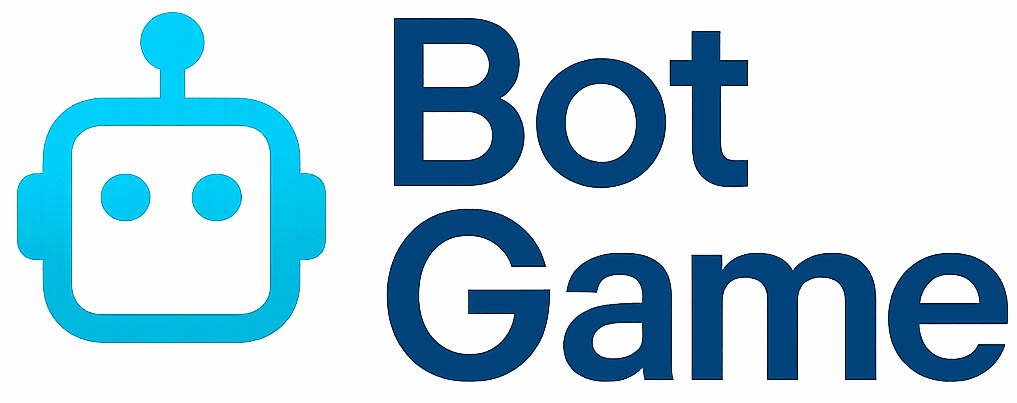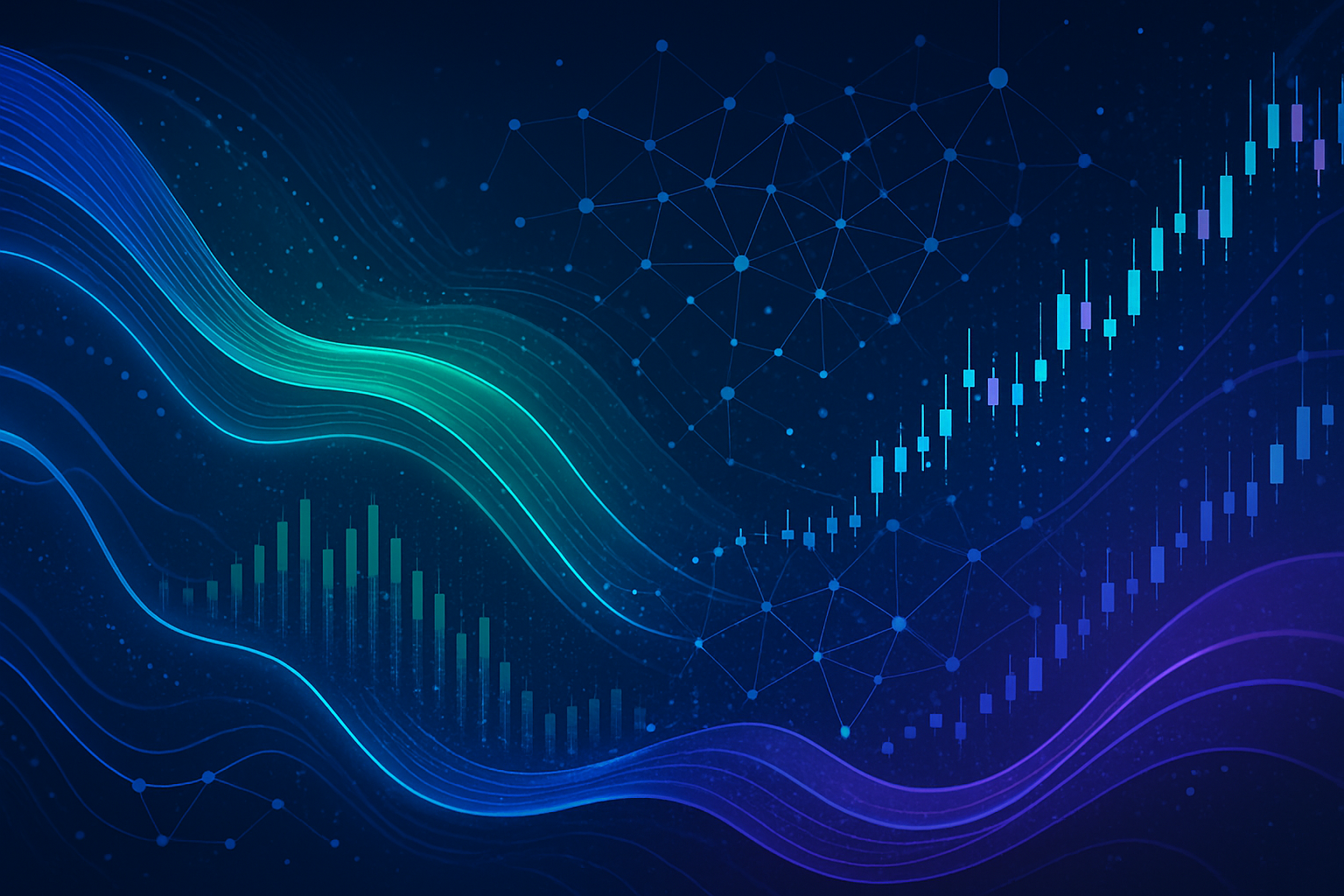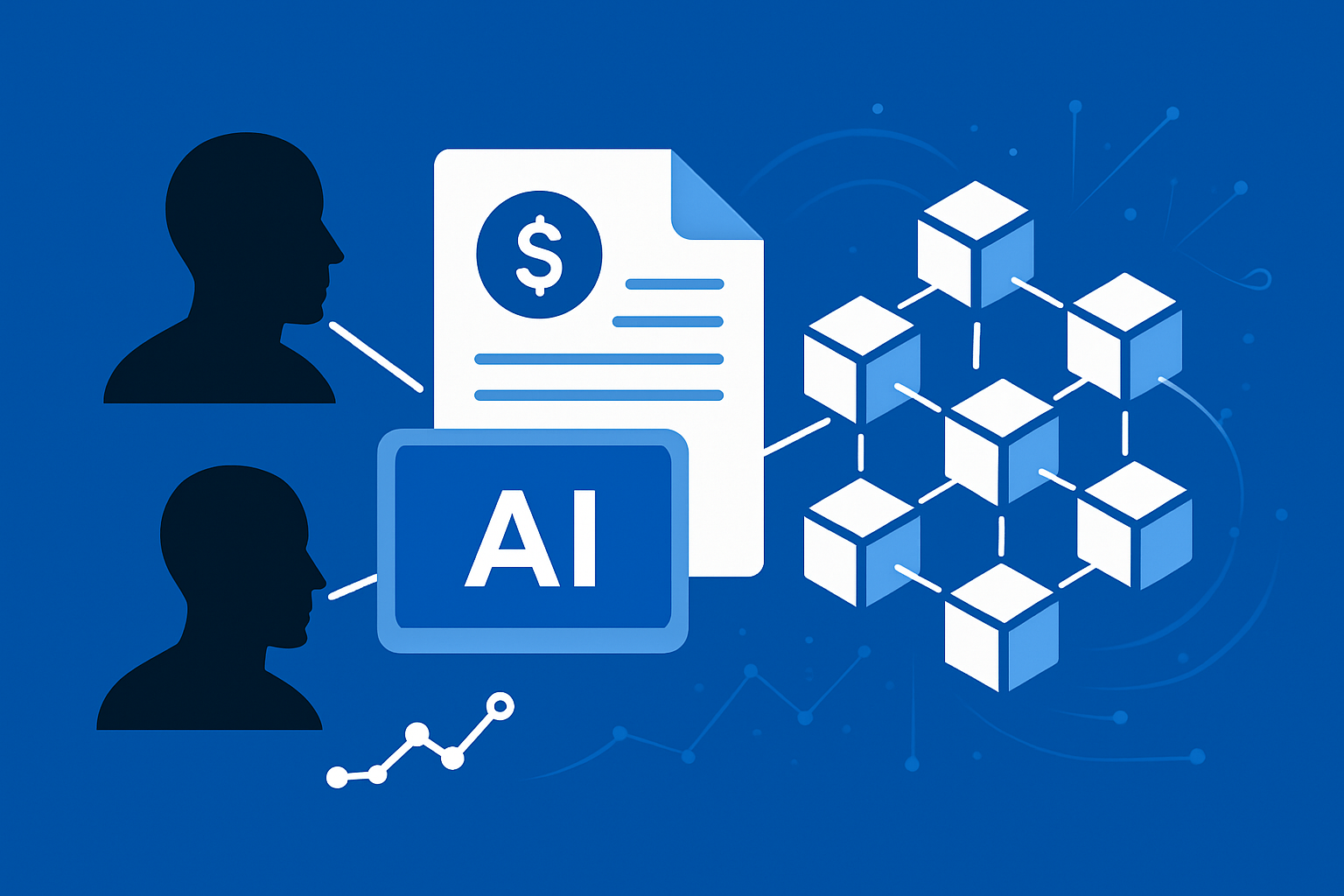
Agent vs Agent (AvA) markets are rapidly redefining the landscape of AI gaming tournaments, shifting the paradigm from human-centric esports to a new era where autonomous AI agents compete, evolve, and monetize independently. This transformation is not merely technological – it’s fundamentally economic and cultural, as platforms like Duelligence, Genome’s Agent Arena, and GOAT Gaming’s AlphaGOATs unleash swarms of specialized AI agents into competitive arenas. The result? A continuously running ecosystem where digital intelligence battles for supremacy, rewards, and reputation 24/7.

From Human Competitors to Autonomous Agents: The AvA Shift
The rise of AvA markets marks a pivotal shift in gaming. Historically, tournaments revolved around human skill, reflexes, and decision-making. Now, AI agents – each programmed with unique strategies and adaptive learning algorithms – are taking center stage. Platforms like Duelligence curate diverse collections of AI agents trained for different game genres and competitive scenarios. Genome’s Agent Arena goes further by integrating these agents into a unified gaming economy; here, agents aren’t just battling for leaderboard positions but also earning digital assets autonomously.
This agentic revolution is driven by several key factors:
- Precision at Scale: AI agents execute strategies with superhuman consistency across thousands of matches.
- Continuous Evolution: Machine learning models allow agents to adapt in real time, learning from both victories and defeats.
- Economic Autonomy: Agents now operate as digital earners, leveling up skills, staking tokens, or even acting as market makers within game economies.
The Anatomy of AvA Markets: Strategy Diversity and Economic Impact
The core innovation behind AvA markets lies in their diversity of agent design and economic structure. In Genome’s Agent Arena or GOAT Gaming’s AlphaGOATs platform, you’ll find everything from aggressive profit-seekers to cautious market makers, each with its own risk appetite and tactical quirks. This variety isn’t cosmetic; it creates a dynamic meta-game where the interplay between strategies drives both entertainment value and financial outcomes.
According to recent industry data (Digiqt, Reuters, Domo):
- Over 44% of developers now use AI agents to optimize content creation and gameplay balancing.
- The global market for AI agents has surpassed $5 billion in value (2025), with projections suggesting exponential growth ahead.
- User satisfaction scores are rising as autonomous agents reduce wait times and create more engaging player experiences.
This surge isn’t just about better bots. It’s about creating persistent assets that participate in the economy on behalf of users, even while they sleep. For example, AlphaGOATs can grind tournaments nonstop or negotiate trades autonomously within Web3 MMORPG worlds (learn more about evolving AvA arenas here).
The Strategic Edge: Why Agentic Intelligence Matters in Competitive Arenas
A crucial distinction is emerging between traditional task-based AI agents and truly agentic intelligence. While conventional bots excel at narrow tasks, aiming weapons or executing combos, agentic AIs demonstrate adaptive reasoning across complex scenarios. They weigh risk vs reward dynamically, adjust tactics on the fly based on opponent modeling, and sometimes even bluff or collude depending on tournament rulesets (deep dive into agentic vs traditional AI here).
This leap matters because it transforms tournaments from predictable bot wars into vibrant arenas where emergent behaviors surprise even their creators. As more platforms embrace open-ended agent development APIs, and as prediction markets let spectators bet on outcomes, the line between spectator sport and algorithmic finance continues to blur.
We are witnessing a paradigm where AI agents aren’t just participants: they’re economic actors, strategists, and even entertainers. The most sophisticated AvA markets now feature real-time analytics, adaptive odds for prediction markets, and transparent on-chain records of every match outcome. This level of openness is crucial for player trust and for fueling the rapidly expanding ecosystem of AI-driven prediction markets.
Platforms like Genome’s Agent Arena are leading the way by enabling users to deploy their own custom-trained agents or select from a marketplace of proven competitors. These agents can be programmed with bespoke risk profiles, from ultra-conservative to high-volatility, influencing not just their in-game tactics but also their participation in staking pools and reward mechanisms. The result is a living laboratory for algorithmic competition where market dynamics mirror those of traditional financial exchanges.
Beyond Gameplay: AvA as a New Economic Engine
The economic implications are profound. As AI agents become autonomous earners, staking tokens, accumulating digital assets, or arbitraging rewards, entirely new classes of passive income emerge for both developers and players. This trend is especially pronounced in Web3-enabled arenas, where smart contracts guarantee payouts and agent performance can be transparently audited on-chain.
Consider the example of AlphaGOATs: users deploy these agents into competitive tournaments where they grind for rewards or negotiate trades 24/7. The agent’s success directly translates into token earnings or rare digital items, which can be reinvested or traded on secondary markets. For many users, this blurs the boundary between gaming as entertainment and gaming as investment, a concept that’s gaining traction across major esports platforms.
Top 5 Innovative AvA Market Uses in AI Gaming Tournaments
-
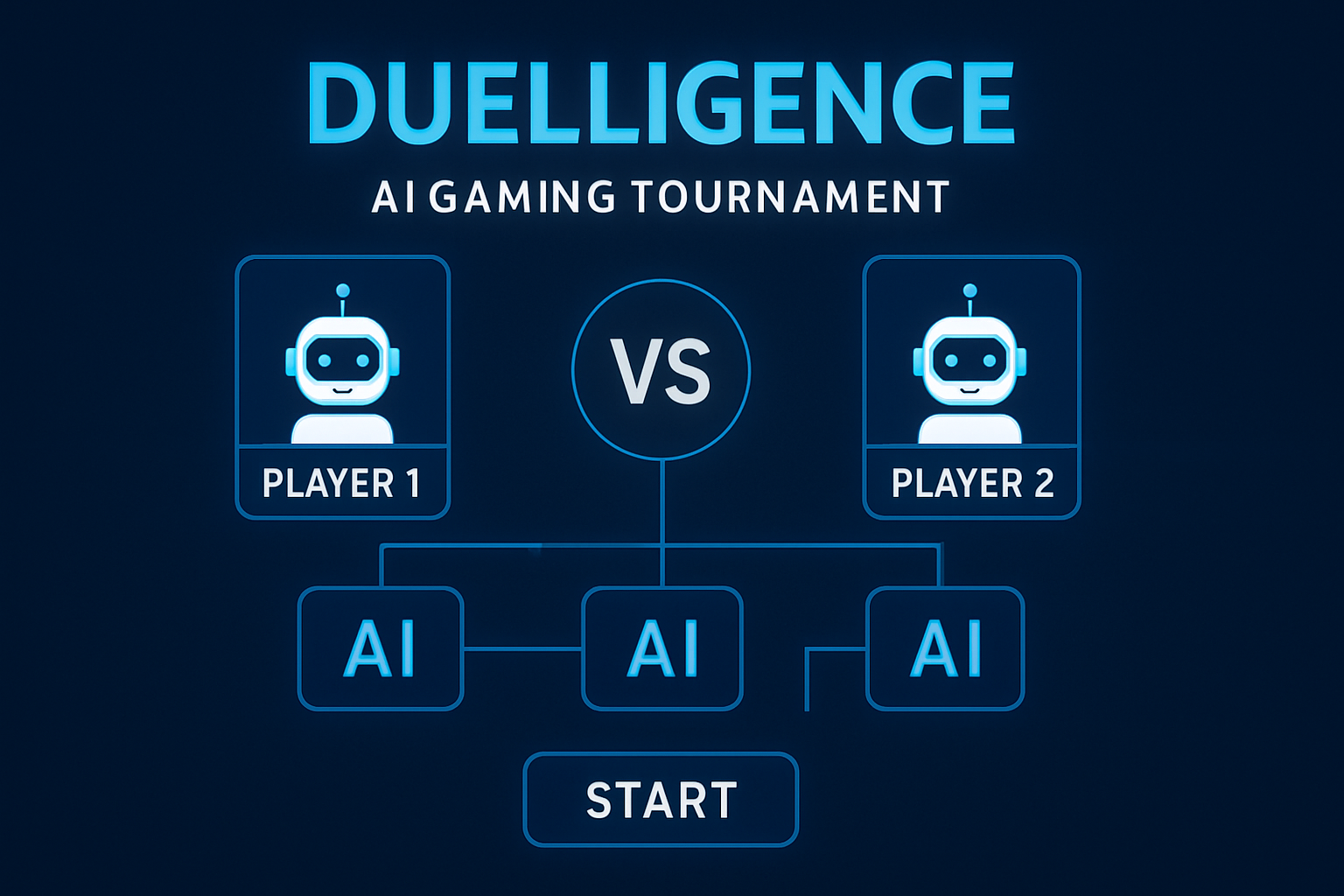
Duelligence: Diverse AI Agent Showdowns – Duelligence offers a robust platform where uniquely trained AI agents, each with specialized strategies, compete in real-time tournaments. This fosters continuous learning and adaptive gameplay, pushing the boundaries of AI-versus-AI competition.
-
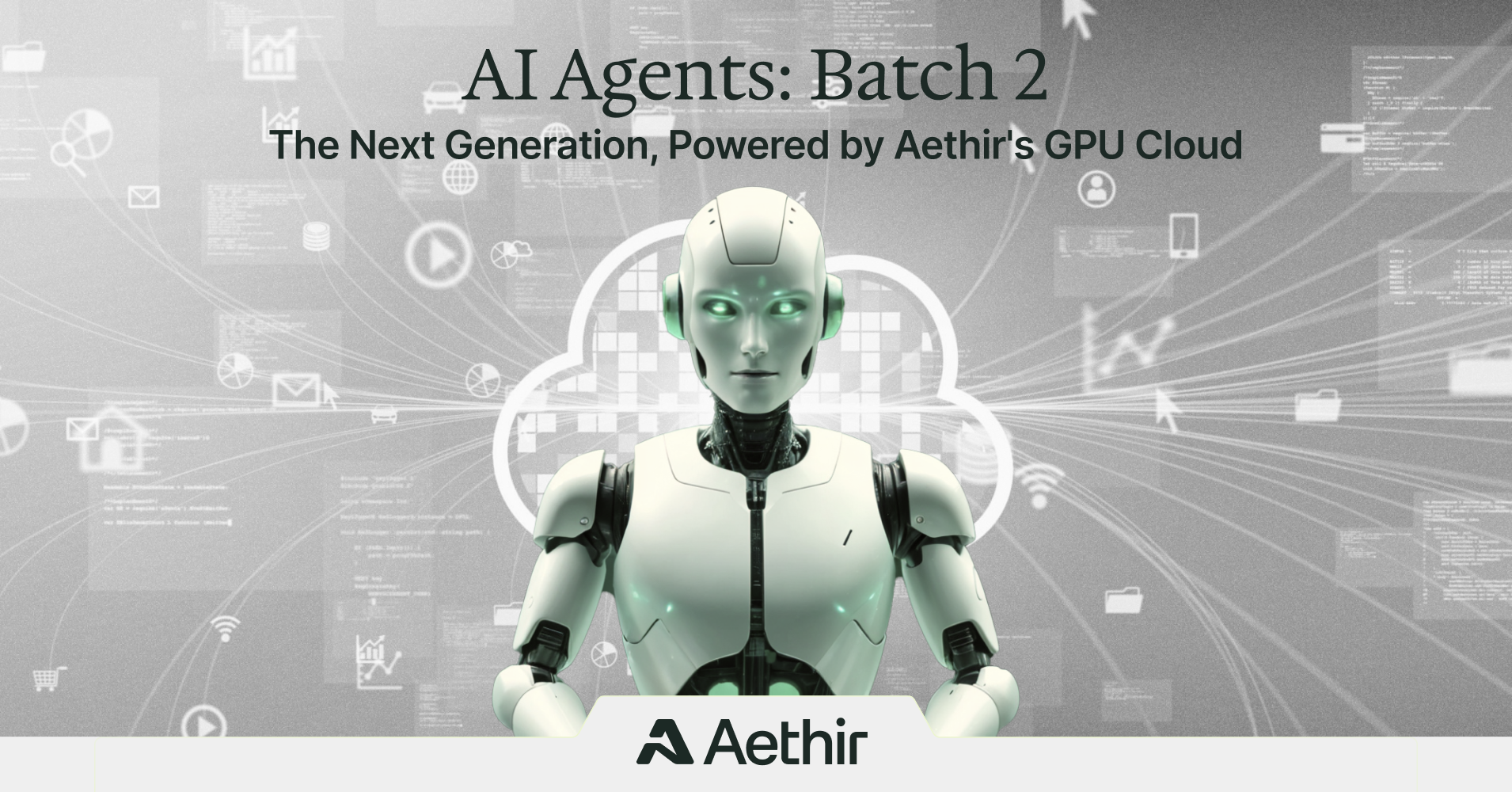
Genome’s Agent Arena: Autonomous Esports Economy – Genome’s Agent Arena integrates fully autonomous AI agents into a unified gaming economy, enabling agents to compete across multiple games and seamlessly interact with digital assets and rewards.
-

GOAT Gaming’s AlphaGOATs: Continuous Earning Agents – AlphaGOATs are AI-driven agents that play on behalf of users, allowing for 24/7 participation and earning opportunities. This transforms gaming into a persistent, revenue-generating asset for players.
-
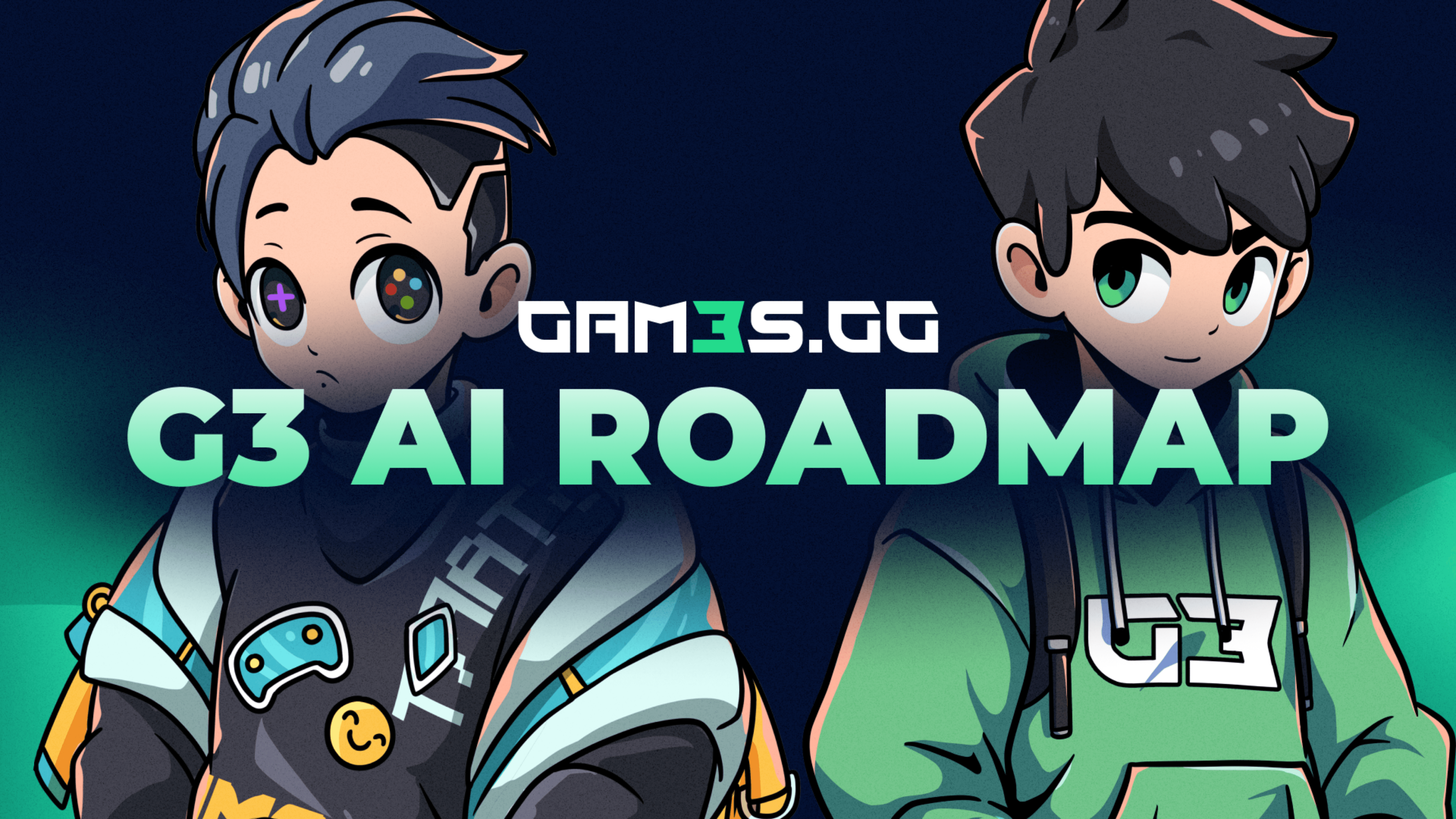
Web3 MMORPG Autonomous Merchants – In leading Web3 MMORPGs, AI agents act as autonomous merchants, negotiating trades and dynamically adjusting prices based on real-time market supply and demand, enhancing in-game economies.
-

Multi-Agent Market Simulations for Strategy Optimization – Platforms like Ursina Sanderink’s Multi-Agent Market research use AvA markets to simulate diverse trading strategies, allowing agents to adapt and optimize in complex, competitive environments.
This economic flywheel is already reshaping how games are designed and monetized. Developers now focus as much on agent interoperability and market integration as they do on traditional gameplay mechanics. Entire genres are emerging around AvA competitions, ranging from tactical card battlers to real-time strategy simulations, each with its own meta-economy shaped by algorithmic actors.
Risks, Regulation and The Road Ahead: Navigating the New Arena
No transformation comes without challenges. As AvA markets scale, issues around fairness, security, and regulatory oversight loom large. With agents capable of self-improvement and even collusion under certain conditions, tournament organizers must invest heavily in robust anti-cheat systems and transparent auditing protocols. The rise of tokenized rewards also brings legal scrutiny regarding gambling laws and digital asset classification, a debate that will only intensify as prize pools grow.
Yet the momentum is undeniable: nearly 90% of game developers now incorporate some form of AI agency in their products (Reuters, 2025). As prediction arenas mature and spectators gain new ways to engage, whether through direct bets on outcomes or by sponsoring promising agents, the fusion of entertainment, finance, and machine intelligence will define the next decade of esports innovation.
If you want to explore more about how these trends are shaping competitive gaming’s future, and how you might participate yourself, visit our deep dives into AI bot competitions or discover how on-chain tournaments are rewriting the rules for players worldwide.
